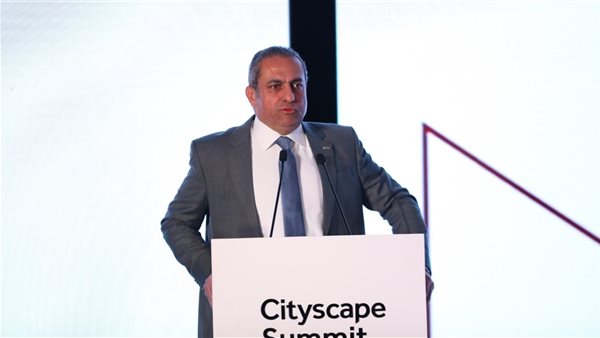In a strategic move to elevate the status of Egypt’s New Administrative Capital as a leading national development project, Khaled Abbas, Chairman of the New Administrative Capital for Urban Development, has announced a comprehensive investment framework aimed at attracting both local and foreign capital. The initiative is designed to transform the city into a fully integrated economic hub capable of competing on regional and global scales. n nAbbas emphasized that the capital is not merely a new urban settlement but a holistic vision centered on creating a modern investment environment supported by cutting-edge technology and advanced infrastructure. He highlighted that the plan prioritizes public-private partnerships and offers diverse investment packages tailored to sectors including real estate, services, technology, and industry. n nSignificant progress has already been made in establishing robust infrastructure, including integrated transportation networks, power stations, smart communication systems, and a wide array of social services such as schools, universities, hospitals, commercial zones, and administrative districts. These developments position the city as an attractive destination for investors, particularly given the availability of land designated for high-return projects. n nThe investment strategy focuses on key areas, including positioning the capital as a financial and administrative center by attracting international banks and financial institutions. It also emphasizes expansion in commercial and entertainment ventures to meet the needs of residents and businesses alike. Additionally, the plan supports technology and digital transformation through dedicated zones for startups and innovation centers. n nAbbas noted that education and healthcare are central to building a sustainable, integrated community, with plans underway for international-standard universities and major hospitals. Sustainability is another cornerstone, with investments in renewable energy and green buildings aligned with national goals for low-carbon development. n nThe company is also considering additional investor incentives, such as streamlined licensing procedures, reduced fees, and flexible land allocations, to create a more appealing environment for large-scale investments that can stimulate national economic growth and generate employment. n nAbbas concluded by affirming that the New Administrative Capital is set to become a leading regional investment platform and a center for trade, business, and services, consistent with Egypt’s Vision 2030 for a competitive, knowledge-based, and sustainable economy. n— news from Banker
— News Original —nKhaled Abbas: Comprehensive Investment Plan to Enhance New Capital’s Status as a Global Economic Center (Video)nIn a new step toward enhancing the status of the New Administrative Capital as one of the most prominent national projects adopted by the Egyptian state, Engineer Khaled Abbas, Chairman of the New Administrative Capital for Urban Development Company, announced a comprehensive investment plan targeting the attraction of more local and foreign investments, and transforming the capital into an integrated economic center capable of regional and international competition. nnAbbas confirmed that the New Administrative Capital is not just an urban project or a new city, but a comprehensive vision aiming to create a sophisticated investment environment based on the latest technological systems and advanced infrastructure. He explained that the new plan prioritizes enhancing partnership with the private sector and providing diverse investment packages meeting investors’ needs across various sectors, whether real estate, services, technology, or industry. nnAbbas pointed out that the state has completed strong infrastructure in the city over the past years, including an integrated road and transport network, power stations, smart communication networks, in addition to an advanced service system encompassing schools, universities, hospitals, commercial and administrative areas. He said these assets make the capital an attractive destination for investments, especially with the availability of land allocated for new projects with high economic returns. nnHe added that the investment plan focuses on several main pillars, primarily enhancing the capital’s role as a financial and administrative center by attracting global banks and financial institutions, in addition to expanding commercial and entertainment projects meeting the needs of residents and investors alike. The plan also focuses on supporting technology and digital transformation sectors by allocating zones for startups and innovation centers. nnAbbas clarified that the New Administrative Capital also aims to attract investments in education and health sectors, considering them fundamental pillars for creating an integrated and sustainable community, noting that there are plans to establish international-standard universities and major hospitals. nnHe also stressed the importance of investments in renewable energy and green buildings, aligning with the state’s vision for transitioning toward sustainable development and reducing carbon emissions. nnAbbas indicated that the New Administrative Capital Company is studying additional investment incentives for investors, including facilitations in licensing procedures, reduction in certain fees, and allocation of flexible spaces suitable for different types of projects, affirming that the goal is to create an attractive environment capable of attracting massive investments contributing to boosting the national economy and creating new job opportunities. nnAbbas concluded his statements by affirming that the New Administrative Capital will be a leading regional investment platform in the coming years, and a center for trade, business, and services, consistent with Egypt’s Vision 2030 for building a competitive economy based on knowledge, technology, and sustainability.
